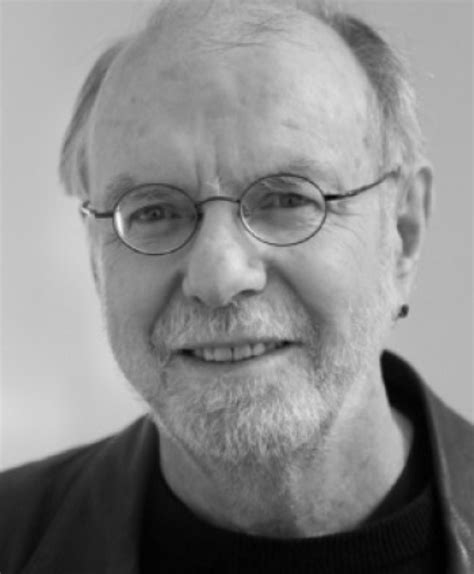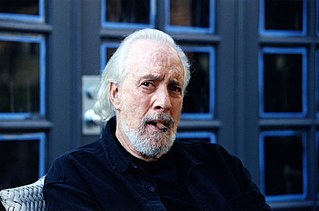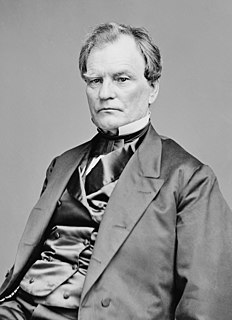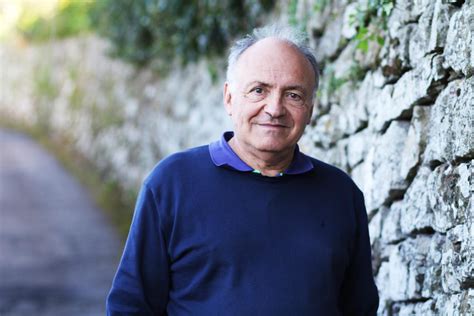A Quote by W. J. T. Mitchell
I think its a fundamental feature of images that they move from one medium to another. And this has become hyper-evident in our time with the computer, which is a kind of master-medium also and allows us to transfer data of all kinds from one platform to another, turning sounds into sights or language into image. The computer has made something that is very old evident in a new way.
Related Quotes
I'm very pessimistic about adaptations from one medium to another. I've got a very kind of primitive, Puritan view of it. I tend to think that if something was derived for one medium, then there's no real immediate reason to think that it's necessarily going to be as good or better if adapted into another one. There have been very good stage plays that have made some very good films. But there are not so many differences between the theater and the cinema as there are between the cinema and, say, reading a book or reading a comic.
First, we want to establish the idea that a computer language is not just a way of getting a computer to perform operations but rather that it is a novel formal medium for expressing ideas about methodology. Thus, programs must be written for people to read, and only incidentally for machines to execute.
CGI means, just to be clear, creating any type of image with a computer. Basically, starting off with nothing, or with images and manipulating them. The way we did it, everything was actual photographed images. A lot of that stuff was shot through a microscope of chemical reactions, yeast growing, lots of weird things, by Peter Parks. We put it into a computer and collaged it, manipulated it. Meaning we digitally shaped it to fit with other images. But there was no computer-generated imagery at all.
Variety is very, very good. Going from medium to medium, if you get the chance to do it, from theater to television to film, which are all distinctly different, keeps me sharp. What works in one doesn't work in the other, and you have to be looking for the truth of the performance, whatever way that medium might demand.
In trusting, we let ourselves go. We know that all kinds of unexpected events may come our way. Our tension eases, our mind and our hearts open spontaneously to be possibilities. It is an ever new state of mind, in the present moment, because we have detached from all we know. But it is also a feeling as old as can be, because, before all betrayals and all disappointments, there was a time in which trusting another was the very substance of our life.
If you view computer designers as artists, they're really into more of an art form that can be mass-produced, like records, or like prints, than they are into fine arts. They want something where they can express themselves to a large number of people through their medium, and their medium is technology and manufacturing.

































